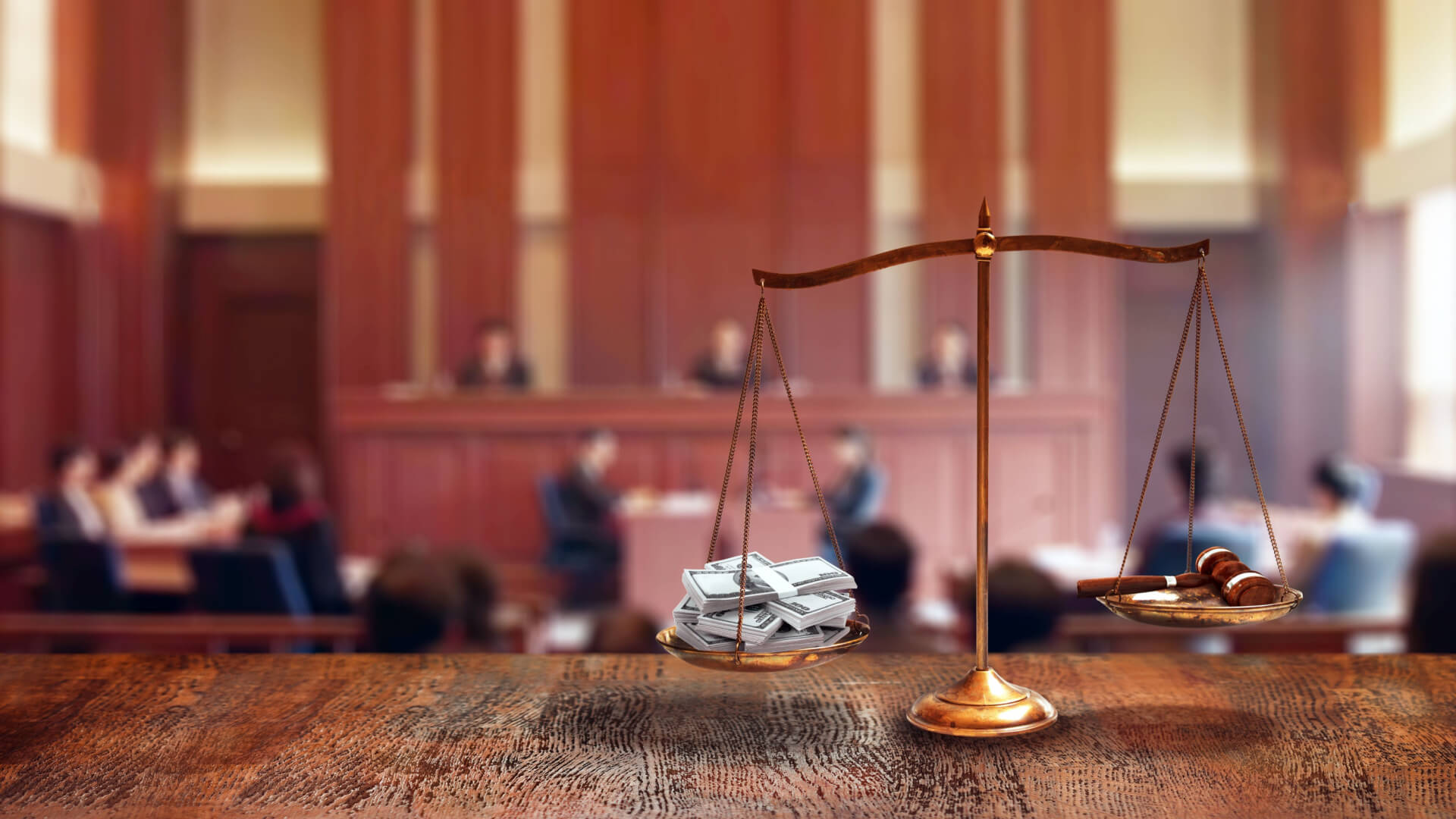A plea bargain is one way for a criminal defendant to reduce their sentence or charges, but they have to plead guilty. Plea bargains make it possible for the defendant to avoid a longer and more expensive trial, while also allowing the prosecutor to secure a conviction without having to prove guilt beyond a reasonable doubt. It is important to note that plea bargains should only be considered after careful and thorough legal consultation.
Plea bargains may seem attractive to those facing criminal charges at first. It means you don’t have to go through the harrowing process of a courtroom, and you get a reduced sentence. But sometimes, you may be in a worse situation than you originally thought. If the prosecutor’s office isn’t confident that they’ll be able to prove their case against you, they may offer you a plea bargain instead.
This way, they can guarantee a guilty plea, and you end up being punished for a crime you could have proved you were innocent of. Always consider how strong your case is when you receive an offer of a plea bargain. Never make a decision or enter negotiations without consulting with your criminal defense attorney first. Contact the
criminal defense attorneys Lermitte & Lubin, LLC for more information.
What is a Plea Bargain?
A plea bargain is a legal agreement in a criminal case where the defendant agrees to plead guilty or no contest to a particular charge. In return, the prosecutor promises a more lenient sentence or fewer guilty charges. This concession can often be a lesser charge, dismissal of some of the charges, or a recommendation for a lighter sentence. Plea bargains can be offered for any kind of criminal charge.
Potential Benefits of Plea Bargains
One potential benefit of a plea bargain is that defendants can receive reduced charges, or even avoid specific criminal penalties altogether. This could mean a lower sentence than what would otherwise be given in the original trial. It also relieves pressure on an already overextended court system, as there is no need for lengthy trials or appeals.
Potential Dangers of Plea Bargains
However, there are several potential drawbacks to plea bargains. For one, defendants may be made to accept a guilty plea even when they are not guilty of the crime in question. Additionally, they may end up with a harsher sentence than they would have received if they had taken their case to trial. It is also possible that prosecutors will overcharge defendants and pressure them into accepting a plea bargain to avoid going to trial.
In some cases, going to trial may be necessary to receive full justice or an acquittal. Defendants need to understand their rights before agreeing to a plea bargain and consult with an experienced lawyer to decide which option is best for them.
When Can You Receive a Plea Bargain?
You can be offered a plea bargain at any stage of the criminal justice process. However, it most commonly occurs after the initial charges are filed and before the case goes to trial. Plea bargaining can take place during pretrial negotiations, during the trial, or even after a conviction when an appeal is pending.
Contact the Criminal Defense Attorneys at Lermitte & Lubin, LLC for Help
It's crucial to have a defense attorney involved in this process to ensure that the defendant's rights are protected and that the plea deal is in their best interest. Keep in mind that laws and procedures can vary by
jurisdiction, so it's always best to consult with a legal professional about specifics.
At Lermitte & Lubin, LLC, our criminal defense lawyers have extensive experience in plea bargaining and can help you determine if this is the right course of action for your case. We understand that every situation is unique. What may be a good strategy for someone in a similar situation may not be for you.
We strive to provide each client with an individualized assessment of their case so that decisions about how to proceed are ultimately their own. Contact us today for more information.

